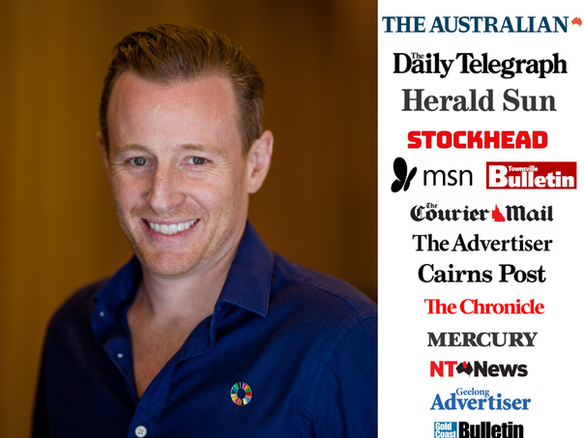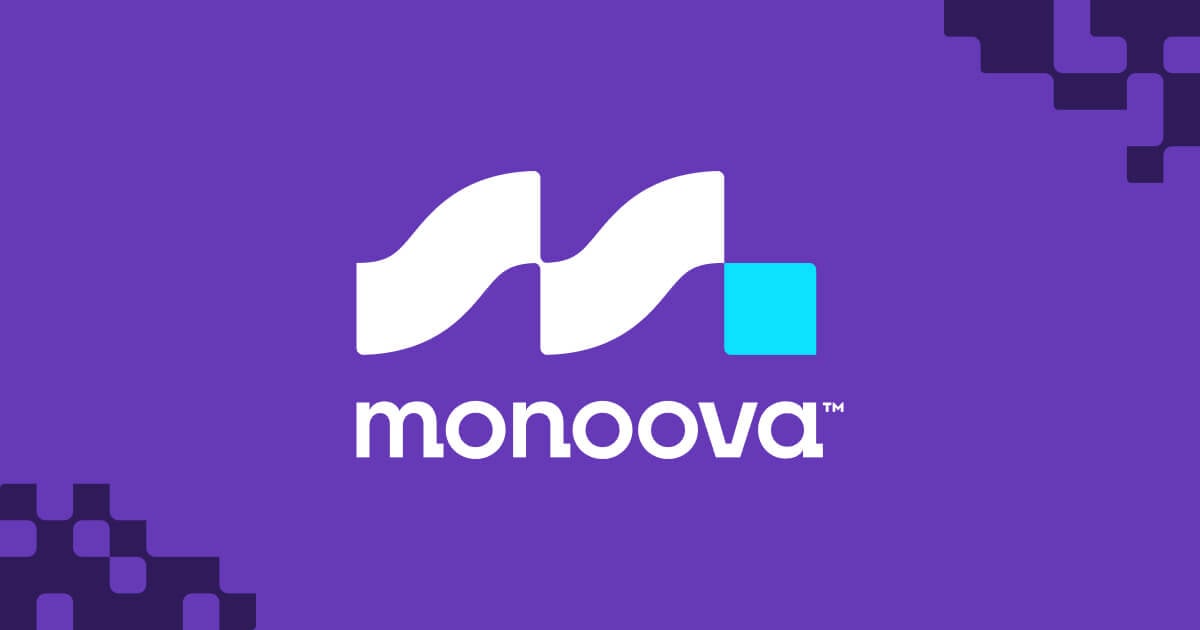By Jeremy Liddle, Executive Director of climate, tech, and finance PR & marketing agency, Third Hemisphere

Digital payments experienced a remarkable global surge during the pandemic.
This need for “socially distanced payments” merged with a widespread and growing dissatisfaction with conventional payment methods and increasing demand for convenient, simple, flexible, and secure payment experiences.
This set the stage for the New Payments Platform (NPP) to usher in a new era of instant online account-to-account payments.
Now owned by Australian Payments Plus (AP+), the NPP already has over 100 financial institutions connected. As background, AP+ was formed by the amalgamation of some pretty heavy hitters: BPAY Group Holding Pty Ltd (BPAY HoldCo), Eftpos Payments Australia Limited (EPAL), and NPP Australia Limited (NPPA).
The platform – originally conceived in 2010 but officially launched in 2018 – was designed to create a faster and more efficient national payments system. In this pursuit, it helped bring to market products like addressing service PayID, account-to-account direct payments products Osko, and secure direct debit product PayTo.
Driven by the market forces created by burgeoning demand for convenient, and socially distanced, digital payments, the NPP had processed over one billion transactions worth more than $1 trillion by the end of 2021.
By October 2022, close to 89 million accounts could make or receive NPP payments, and the platform was processing over 100 million monthly transactions.
Payment disruptors like Monoova were quick to embrace these revolutionary technologies as one of the first companies to offer PayTo and other advancements from the NPP, managing over $99 billion in transactions to date.
At the big end of town on the ASX, Westpac, ANZ, CBA, NAB, and ASX-aspirant Cuscal are all connected to and building on the NPP.
Australia’s largest retailer Woolworths has also integrated PayTo into its app and WPay, allowing its 1.8 million app users to link their current accounts. This is enabled by AirTree-backed startup Zepto, which raised $25m in 2022.
Even Australia’s newest independent, low-cost airline Bonza recently launched PayTo via Monoova, in the wake of the decommissioning of Australia Post’s Poli Payments. The suitability of PayTo for the travel industry and its frequent high-value transactions show huge potential for fee free,instant account-to-account payments.
So why does this present such an enormous opportunity for investors?
An emerging industry set to soar
All signs point to snowballing demand for digital payments through the NPP.
Demand from consumers and businesses for instantaneous, simple, and secure payments is unlikely to reverse as growing numbers of merchants offer these services.
Moreover, the influence of the NPP extends beyond national borders: it is positioned to become a global force in the payments industry because its seamless and efficient payment processes make it an attractive option for international trade and commerce. This type of fast, secure, and cost-effective cross-border payment system is critical to the Australian economy as a whole.
But the snowball effect of the NPP is only just beginning, due largely to delays by the big banks, creating huge growth opportunities for any investor coming in at the ground level now.
For instance, the NPP has attracted around 30 per cent of account-to-account transfers since its launch, with 107 financial institutions (banks and non-banks) providing its services to nearly 90 million customer accounts.
Concurrently, the user base leveraging NPP products such as PayID and Osko has surged by over 40 per cent, indicating a widespread acceptance of digital payment methods.
But the vast majority of salary payments, welfare payments, and recurring payments to merchants still occur on the Bulk Electronic Clearing System (BECS) instead of the NPP, meaning there are still millions of people waiting unnecessary days for their money.
While this might seem concerning, the RBA has proposed decommissioning BECS by 2030.
This, combined with persistent demand from consumers and businesses for smoother payment experiences, will drive increasing numbers of companies to join the platform.
And the snowballing begins…
At that point, partnerships such as that between Monoova and Bonza, and Zepto and Woolworths, will become commonplace and widespread.
So it will be the investors with the foresight to invest in cutting-edge payment and financial solutions, and the companies they are supporting, who will benefit the most.
# # #
Monoova was a client of Third Hemisphere at the time of publishing.










